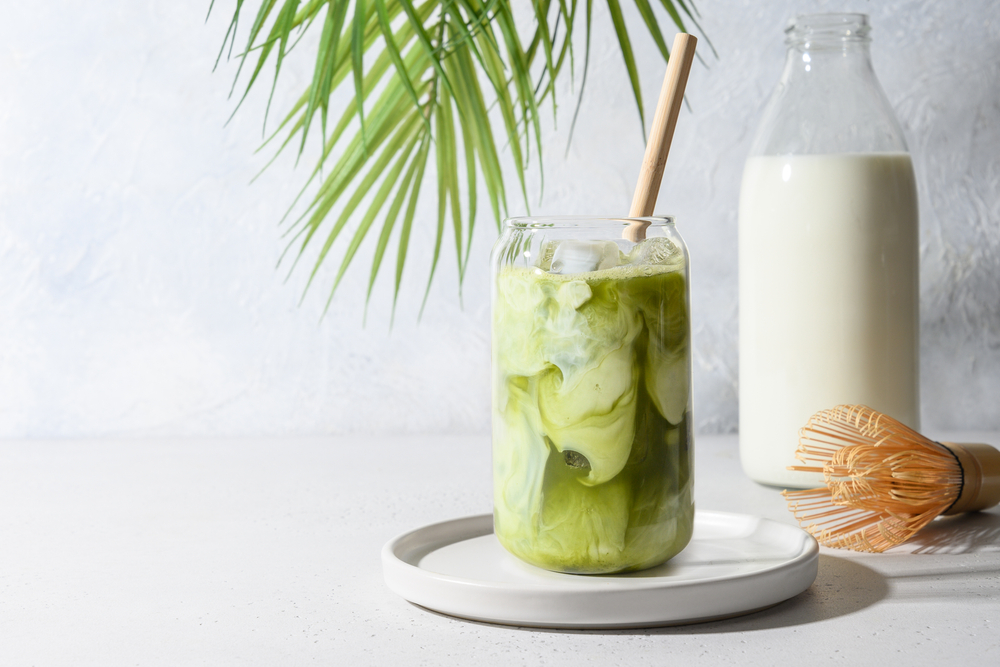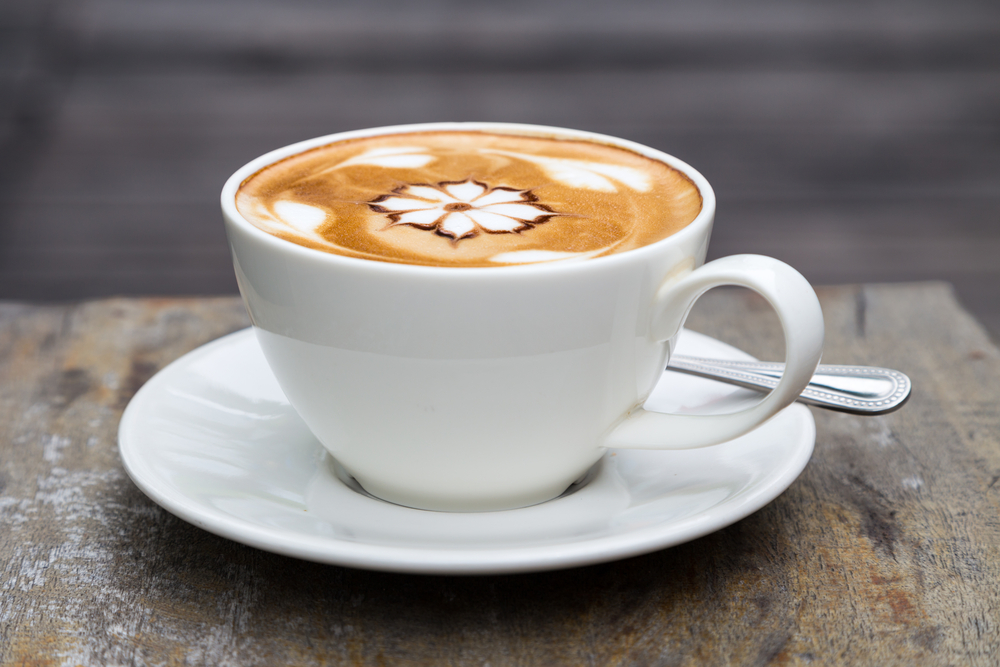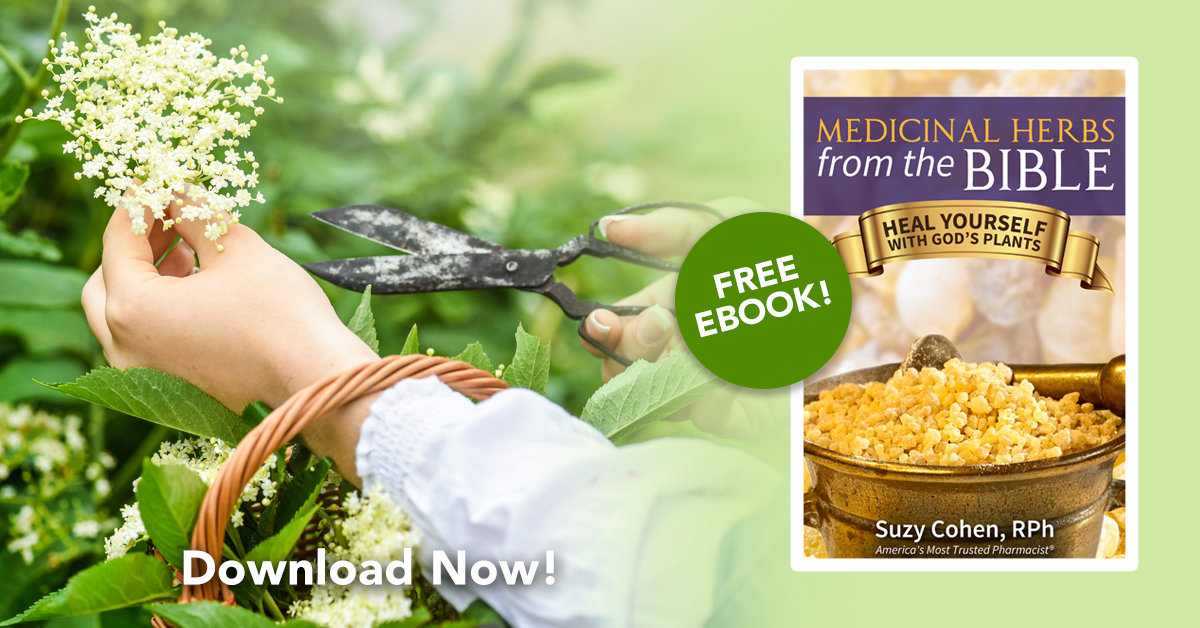What's On This Page?
ToggleThis article is about matcha vs. coffee and it’s a comparison of both. I’m going to show you what the benefits are for health and well-being, and much more. Matcha is NOT green tea, it’s related though.
I drink both matcha and coffee on a daily basis. I wonder if you know the exact differences and health benefits of each. Let’s delve into that today. Matcha and coffee are popular beverages known for their health benefits and energy-boosting properties. While they both contain caffeine, they differ in taste, nutrient composition, and effects on the body. Both contain caffeine, a stimulant that offers various health benefits.
In this blog, I’ll guide you through the benefits of matcha vs. coffee, the levels of caffeine in each drink, and the incredible benefits of each beverage. So, let’s dive in!
Matcha vs. Coffee – The Basics
Matcha is made from finely ground shade-grown green tea leaves. The shade-growing process increases chlorophyll and L-theanine content, giving matcha a vibrant green color and unique umami flavor. Matcha contains higher levels of antioxidants, amino acids, and caffeine compared to green tea, as the entire leaf is consumed. You’re literally drinking crushed-up leaves when you have a matcha!
Coffee, on the other hand, comes from the seeds of the Coffea plant. It lacks L-theanine and chlorophyll but makes up for it because it’s rich in antioxidants, essential nutrients, and caffeine. Coffee beans are roasted, which gives it that characteristic flavor and amazing aroma. The first coffee tree in the United States was planted in Hawaii around 1817 when they were introduced to Kona, a region on the Big Island. They could maybe grow in South Florida, however, the floods and hurricanes don’t allow it. Coffee trees could never grow in Colorado where I live. Besides, this state tends to prefer weeds better, lol!
Matcha vs. Coffee: The Laxative Effect
Both coffee and matcha can have a laxative effect on some individuals, but they act through different mechanisms. The laxative effect of coffee is generally considered to be stronger compared to matcha.
Coffee’s laxative effect is primarily attributed to its caffeine content. Caffeine can stimulate muscle contractions in the gastrointestinal tract, which can lead to increased bowel movements. Moreover, coffee may also stimulate the production of certain hormones, such as gastrin and cholecystokinin, which can further promote bowel activity. This effect varies among individuals, and some people may be more sensitive to the laxative effects of coffee.
Matcha, on the other hand, contains lower levels of caffeine compared to coffee, so its laxative effect is generally milder. However, matcha is also rich in dietary fiber, which can help promote regular bowel movements by adding bulk and softening stools. The fiber in matcha, specifically from the ground tea leaves, can be beneficial for maintaining digestive health. S both coffee and matcha can have a laxative effect, but coffee is much stronger.
Matcha vs. Coffee: The Caffeine Levels
Both matcha and coffee contain some caffeine, but the amount varies. An 8-ounce cup of brewed coffee typically contains 95 mg of caffeine, while a cup of matcha (made with ½ teaspoonful of matcha powder) contains about 35 mg of caffeine. Keep in mind that my values may differ depending on the way you prepare it, and the brand you choose. Matcha has been an integral part of Japanese tea ceremonies for centuries. The Chada ceremony is a highly ritualized practice that involves serving matcha tea in a serene and meditative setting and emphasizes harmony, respect, and tranquility.

The Benefits of Matcha
Matcha, a finely ground green tea powder, is rich in antioxidants, particularly catechins like EGCG (epigallocatechin gallate) which have well-documented activities on the body. The foremost is that EGCG can help reduce oxidative stress and inflammation.
Are you interested in making a Matcha Mint Smoothie? Here’s the RECIPE for that. Does an EGGNOG MATCHA sound better?
You can buy supplements of EGCG by the way, however, you will get this antioxidant by drinking matcha. It may also do the following:
- Boost metabolism and fat burning: A study published in the American Journal of Clinical Nutrition showed that green tea extract, rich in catechins, increased fat oxidation and thermogenesis.
- Enhance cognitive function: Matcha contains L-theanine, an amino acid that promotes relaxation and alertness without causing drowsiness.
- Support cardiovascular health: Research from JAMA suggests that regular green tea consumption is associated with a reduced risk of cardiovascular disease.
The Benefits of Coffee
Coffee, on the other hand, is a rich source of antioxidants and essential nutrients, such as vitamins B2, B3, B5, manganese, and potassium. I made a video to show you how it IMPACTS YOUR THYROID. Some of the potential health benefits of coffee include:

- Improved physical performance: Caffeine in coffee can increase adrenaline levels, which prepares your body for more physical exertion, whether that is just a walk with your dog or an hour at the gym weight-lifting.
- Lower risk of type 2 diabetes: An analysis of data from 28 different studies concluded that higher coffee consumption is associated with a reduced risk of type 2 diabetes. If that interests you, here’s the META-ANALYSIS.
- Protection against neurodegenerative diseases: Studies suggest that coffee drinkers may have a lower risk of developing Parkinson’s and Alzheimer’s diseases. I think many of us can vouch for the fact that a cup of coffee increases alertness and almost immediately lifts brain fog. ‘
If you’re interested in a recipe, try this Cinnamon Affagato Coffee.
If you’d like to watch my video, I made one about What Dr. OZ forgot to say about green coffee bean extract.
Matcha vs. Coffee: Caffeine Content
The caffeine content in a coffee bean can vary depending on the roasting process it undergoes. Roughly speaking this is the amount of caffeine per 12 oz beverage:
Regular Coffee 145 mg
Decaf 5 mg
Matcha tea 70 mg

Did you know that the caffeine content in coffee doesn’t change much between light and dark roast coffee? It’s a common myth that dark roasts have more caffeine, but actually, caffeine levels remain pretty stable during the roasting process.
The real difference between light and dark roasts is all about flavor! Dark roasts have a bold, robust taste, while light roasts showcase the bean’s natural flavors.
When it comes to caffeine, there’s just a tiny difference. If you measure coffee by weight, light roast beans have a bit more caffeine since they’re denser. But if you measure by volume (like by using a scoop), dark roast beans might have slightly more caffeine because they’re larger and fill up more space. In the end, the caffeine in your cup mostly depends on the coffee bean variety and how long you brew it! I hope this gives you an excuse to enjoy the type of roasted bean you most prefer because again, the caffeine content doesn’t matter that much.
Matcha vs. Coffee: Weight Loss Effect
It’s important to note that neither matcha nor coffee alone will cause significant weight loss. However, both beverages can contribute to weight loss efforts when combined with a healthy diet and regular exercise.

Matcha contains catechins like EGCG, which have been shown to increase fat oxidation and thermogenesis, helping to boost metabolism and fat burning.
Additionally, the L-theanine in matcha promotes relaxation and alertness without causing drowsiness, which may support focus during exercise or other activities. Coffee, on the other hand, contains caffeine, which can increase adrenaline levels, preparing the body for intense physical exertion.
This effect may enhance physical performance and contribute to more effective workouts. Caffeine also has a mild appetite-suppressant effect, which could help reduce overall calorie intake.
However, the exact amount of weight loss that can be attributed to drinking matcha vs. coffee daily will depend on individual factors such as diet, exercise, and metabolism. It’s also worth noting that adding sugar, cream, or other high-calorie additives to your matcha or coffee can counteract any potential weight loss benefits. While drinking a cup of matcha or coffee daily might support weight loss efforts, it’s essential to combine this with a balanced diet and regular exercise to see noticeable results.
Matcha vs. Coffee: Portability
Making a matcha drink requires only the matcha powder and hot water, while making coffee may require additional equipment like a coffee maker, filters, or a grinder if using whole beans. Traveling with matcha packets is convenient due to their compact size and versatility. Matcha can be easily mixed with hot water or added to smoothies, lattes, or baked goods.
I made my own matcha drink at the coffee station at my hotel just last week. Coffee packets are also portable, but when traveling you can almost always find a coffee machine close by, not to mention a Starbucks or Caribou Coffee!
Summary
When it comes to matcha vs. coffee, the winner is hard to say because each provides unique health benefits but different flavors. Matcha, a finely ground powder made from shade-grown green tea leaves, has higher levels of L-theanine, CHLOROPHYLL, and antioxidants compared to regular green tea. L-theanine in matcha can promote relaxation, while caffeine enhances alertness and cognitive function. On the other hand, coffee beans do not contain any L-theanine or chlorophyll. However, it’s also a source of antioxidants and caffeine, which can boost your brain power and energy.
When it comes to caffeine content, matcha has less caffeine than coffee, but its effects can last longer due to the synergistic action of L-theanine. Both beverages may have a laxative effect, with coffee producing a stronger effect. In summary, matcha and coffee each offer unique health benefits and flavors, and incorporating them into your routine can provide an enjoyable way to boost your well-being and cognitive performance.

Suzy Cohen, has been a licensed pharmacist for over 30 years and believes the best approach to chronic illness is a combination of natural medicine and conventional. She founded her own dietary supplement company specializing in custom-formulas, some of which have patents. With a special focus on functional medicine, thyroid health and drug nutrient depletion, Suzy is the author of several related books including Thyroid Healthy, Drug Muggers, Diabetes Without Drugs, and a nationally syndicated column.


